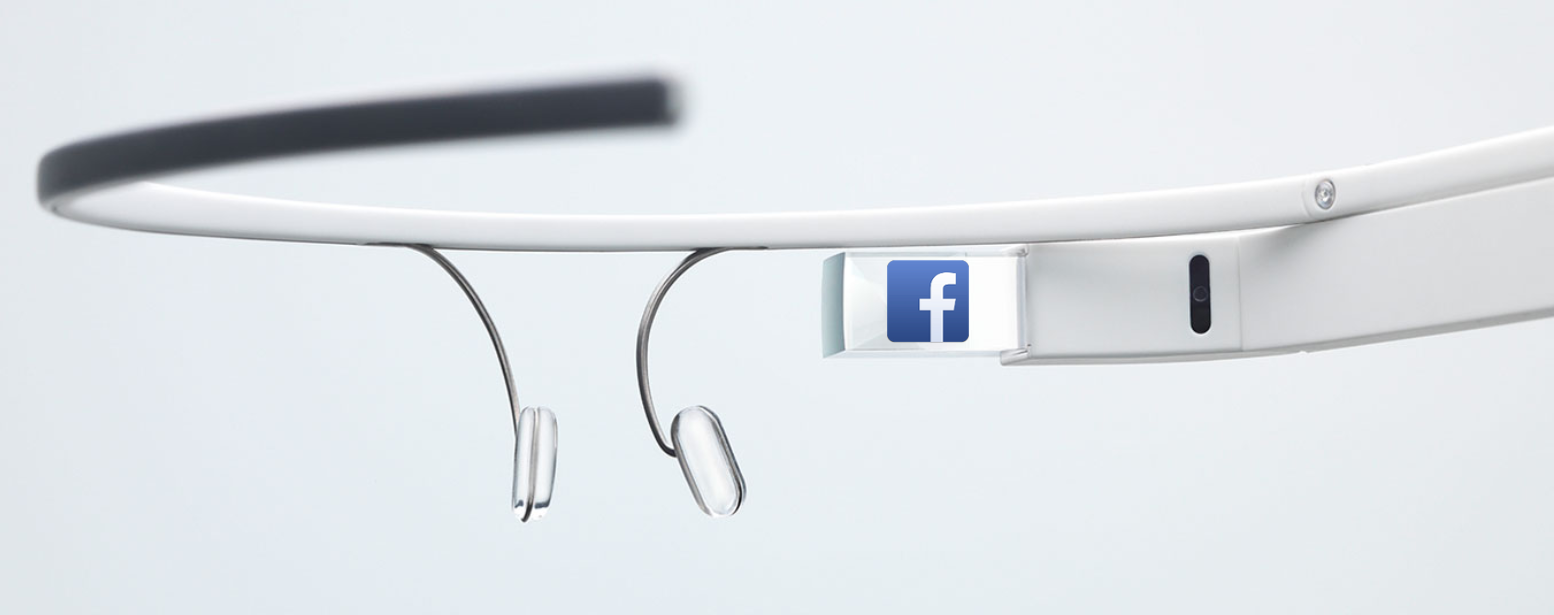Facebook Will Make the Most Popular App for Google Glass
There are lots of unknowns about Google Glass, the company’s wearable display-camera-computer gadget just trickling out to early testers. But one thing is fairly certain: Facebook will be the most popular app for Glass.

Facebook has more users than any other social network, and its mobile apps dominate on both Android-based and Apple devices. Comscore estimates that 23 percent of the time spent using mobile apps is spent with Facebook’s. If Facebook releases an app for Glass, it will likely be similarly popular.
There’s good reason to think that Facebook will release an app. Mobile-only social network Path is pre-installed on the “explorer” versions of Glass being made available to a select group of software developers, and Twitter has been testing its own app for Glass. When Facebook CEO Mark Zuckerberg first tried Glass in February, he suggested an app was coming.
Zuckerberg happened to be at a public event also attended by Sergey Brin, the Google co-founder closely involved with the Glass project. “I can’t wait to get my own,” Forbes reported a very interested Zuckerberg saying, as Brin showed him the functions of the device. The Facebook boss even asked Brin: “Is there anything specific you want us to be trying? If so, I want to be doing that.”
We can only guess at the kind of things Brin suggested in response. The way Glass is worn, its ability to capture point-of-view video and even detect eyeblinks would certainly allow Facebook to create a very novel app. It would be possible, for example, for a Facebook app to friend request a person when a Glass wearer looked at their face, using facial recognition technology to find their Facebook profile.
However, I suspect that the app Facebook does release will be rather dull compared to the wilder visions of what apps installed onto your face could do. It will probably center on sharing photos and videos captured with the device, an activity that right now happens by default through Google’s own social network, Google+ (see: “Google Glass Testers ‘Spam’ Google’s Social Network”).
Keep Reading
Most Popular
Large language models can do jaw-dropping things. But nobody knows exactly why.
And that's a problem. Figuring it out is one of the biggest scientific puzzles of our time and a crucial step towards controlling more powerful future models.
How scientists traced a mysterious covid case back to six toilets
When wastewater surveillance turns into a hunt for a single infected individual, the ethics get tricky.
The problem with plug-in hybrids? Their drivers.
Plug-in hybrids are often sold as a transition to EVs, but new data from Europe shows we’re still underestimating the emissions they produce.
Google DeepMind’s new generative model makes Super Mario–like games from scratch
Genie learns how to control games by watching hours and hours of video. It could help train next-gen robots too.
Stay connected
Get the latest updates from
MIT Technology Review
Discover special offers, top stories, upcoming events, and more.